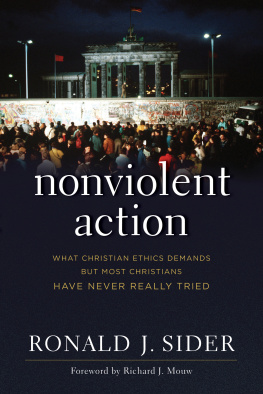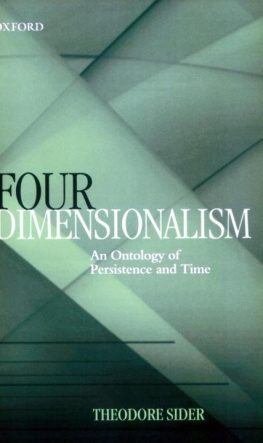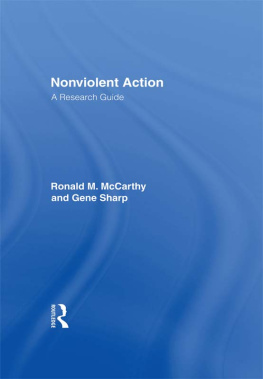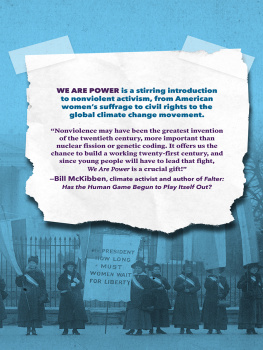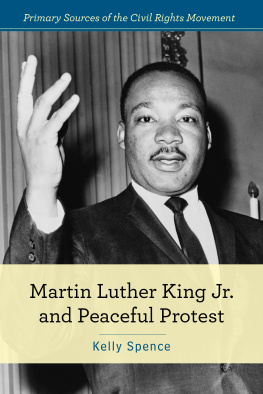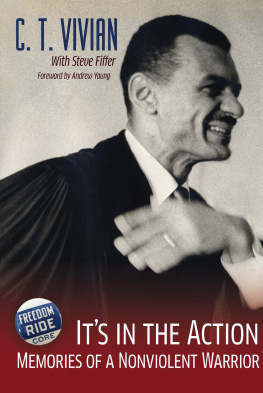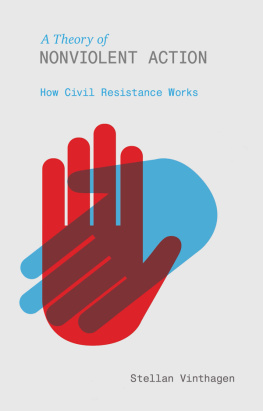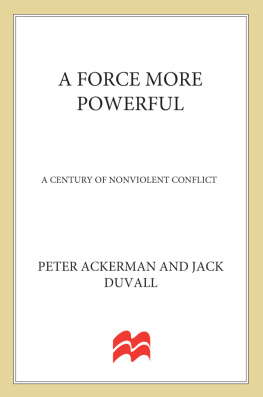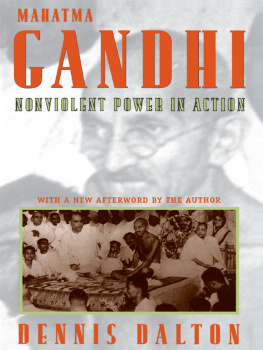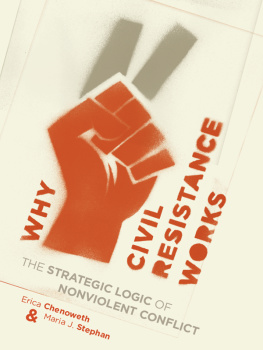
2015 by Ronald J. Sider
Published by Brazos Press
a division of Baker Publishing Group
P.O. Box 6287, Grand Rapids, MI 49516-6287
www . brazospress .com
Ebook edition created 2015
All rights reserved. No part of this publication may be reproduced, stored in a retrieval system, or transmitted in any form or by any meansfor example, electronic, photocopy, recordingwithout the prior written permission of the publisher. The only exception is brief quotations in printed reviews.
Library of Congress Cataloging-in-Publication Data is on file at the Library of Congress, Washington, DC.
ISBN 978-1-4412-2171-1
This book is for every person who is appalled by evil but conflicted in how to respond to it in a way that honors Jesus, the Prince of Peace. It is not just for pacifists. It is for skeptics, war hawks, liberals, and conservativesbut is not for the faint of heart, for in the end it is a clarion call to take the cross as seriously as we have taken the sword.
Shane Claiborne , author, activist, and founding partner of The Simple Way
In recent years Ive traveled often to the Holy Land, where unholy violence continues to beget more violence. This book affirms the wisdom of the peacemakers Ive metboth Israelis and Palestinianswho refuse the path of violence. With their active witness in mind, I fully endorse Rons call to an organized, active campaign of nonviolence.
Lynne Hybels , advocate for global engagement, Willow Creek Community Church
Whether or not one is a pacifistI am notone has something to learn about the power of nonviolent protest and resistance from Dr. Siders careful and thoughtful study of successful nonviolent movements against tyranny and oppression. He shows that sometimes nonviolence is the most effective wayand therefore the right wayto overcome injustice and protect its victims. In my view, that isnt always the case, but Dr. Sider does the Christian community and everyone a great service in reminding us that sometimes nonviolence is the best option.
Robert P. George , Princeton University
Nonviolence has not been given the large scale study and trial it deserves. I hope this book of case studies inspires more people to seek the knowledge and training that Christian action for justice requires.
David Neff , speaker, writer, and former editor-in-chief of Christianity Today
Ron Sider provides a profound and illuminating account of the effectiveness of nonviolent, grassroots movements that challenge unjust and discriminatory social practices. He concludes with a summons to faith communities to equip themselves for generating and sustaining such movements in their own responses to oppressive social systems that abuse vulnerable human beings in the contemporary world.
Thomas W. Ogletree , Yale Divinity School
Sider presents a compelling case for vastly increased investment by Christian churches and other faith traditions in the development of effective nonviolent strategies for resisting violent oppression and accomplishing social change. This convincing book makes an important contribution to a critical debate.
Marie Dennis , co-president, Pax Christi International
There are few people better qualified to write a book on this topic than Ron Sider, whose steadfast work for peace and justice for more than forty years never ceases to inspire me. I encourage anyone who cares about the future of humankind and wants to live out Jesuss call to be a peacemaker to read this book.
Jim Wallis , author of The (Un)Common Good , president of Sojourners, and editor-in-chief of Sojourners magazine
Thoroughly documented and clearly written. It explains how all persons can discern nonviolence to be both strategically and morally preferable to violence. A valuable resource for understanding peacemaking as a needed skill.
Edward LeRoy Long Jr. , Drew University
This book is an inspiring addition to Ron Siders magisterial collection of writings, and in many ways a capstone to his consistent witness for peace. I strongly recommend this important contribution to the literature of Christian peacemakingthat is, Christian discipleship.
David P. Gushee , Center for Theology and Public Life, Mercer University
The facts are in: nonviolent action is often more effective than the use of force in the quest for justice. Sider argues powerfully that both pacifist and just war Christians should join together in struggles for such nonviolent change.
David Hollenbach, SJ , Boston College
Ron Sider is a vigorous and well-informed advocate for nonviolent action as the best way forward as we confront the deep problems of the twenty-first century. I am happy to recommend this book very strongly both to peace activists who are looking to deepen their historical and theological knowledge of the basic issues and to theologians who are searching for a more experiential and pragmatic approach than what a simple reiteration of pacifist convictions offers.
John Langan, SJ , Kennedy Institute of Ethics, Georgetown University
To all the courageous pioneers who have demonstrated that nonviolent action works
contents
Cover
Title Page
Copyright Page
Endorsements
Dedication
Foreword by Richard J. Mouw
Acknowledgments
Introduction
Part I: Proving It Works: From Early Beginnings to Stunning Success
1. Early Developments
2. Gandhi: Defeating the British Empire
3. Martin Luther King Jr. and Gandhian Nonviolence: The Battle against American Racism
4. Nonviolent Intervention in Guerrilla Warfare
5. Wheelchairs versus Tanks
Part II: Defeating the Soviet Empire
6. Solidarity: A Trade Union and the Pope versus Communist Dictators
7. The Revolution of the Candles: The Nonviolent Overthrow of East German Communists
Part III: Recent Victories of a Growing Movement
8. Gather the Women to Pray for Peace: Liberian Women Overthrow a Dictator
9. Nonviolence in the Arab Spring
10. Intervening, Accompanying, and Reporting: The Growth of Peacemaker Teams
11. Truly Testing the Possibilities of Nonviolent Actionfor the First Time in Christian History
12. The Moral Equivalent of War
Bibliography
Index
Back Cover
foreword
T here was a time when, as a defender of Just War theory, I got into heated arguments with pacifists. I still argue about the differences between us, but not with the same degree of passion as in the past. I owe the decreased intensity in my feelings on the subject to what I learned from the late Mennonite ethicist John Howard Yoder, who convinced me that the real divide concerning the use of violence was not between pacifists and Just War defenders. Both of those viewpoints, Yoder pointed out, insist that it is extremely important to subject questions about the legitimacy of violence to strict moral examination. Their disagreement is about whether that kind of examination ever permits the use of military violence. Together, though, these two perspectives stand in radical opposition to those for whom winning at any cost is the supreme concern, as well as to the views of the defenders of a pragmatic national interest approach.
Yoder obviously would have been pleased if those of us in the Just War camp were to convert to pacifism. But short of achieving that goal, he pushed us to be very strict and consistent in how we employed the criteria for giving moral approval to specific military ventures. In response to those urgings, I came to see that if we are genuinely rigorous in our adherence to Just War doctrine, we would approve of far fewer military campaigns than our past record has shown.

